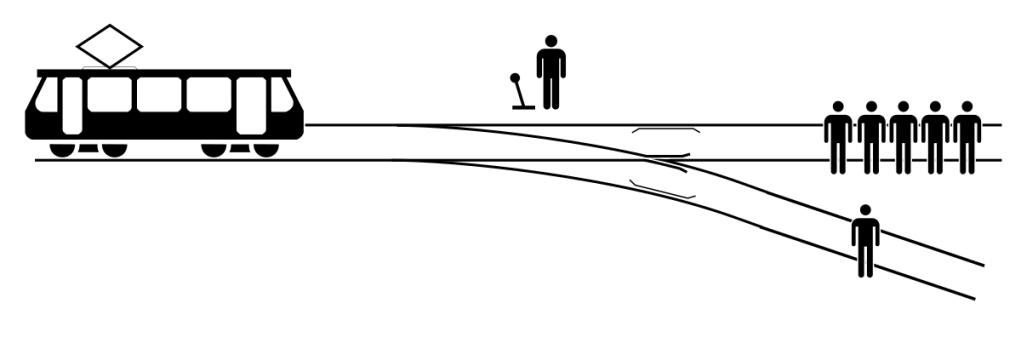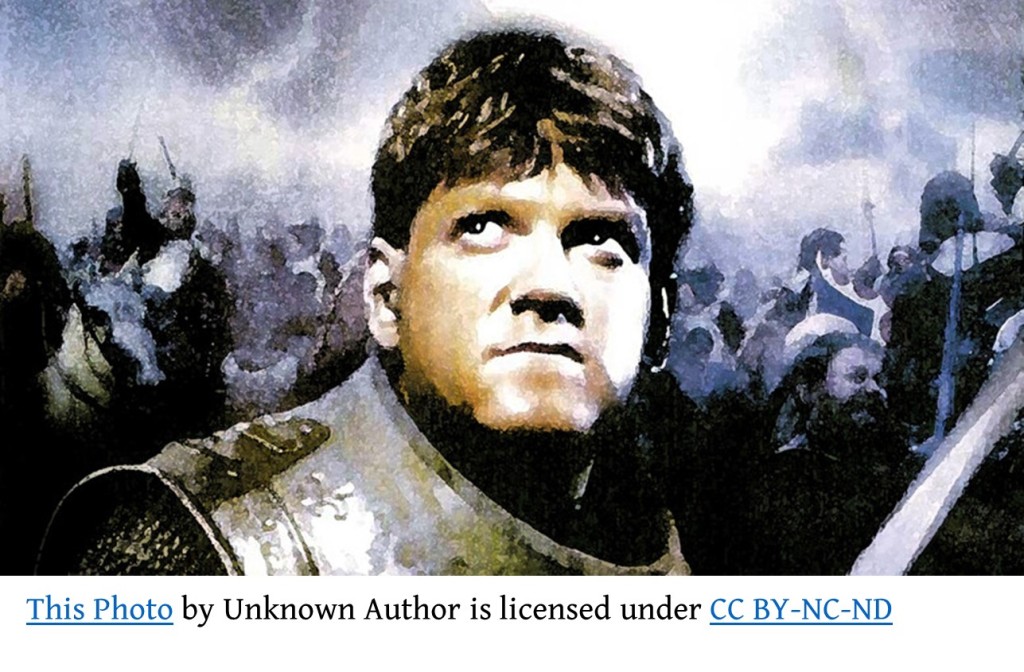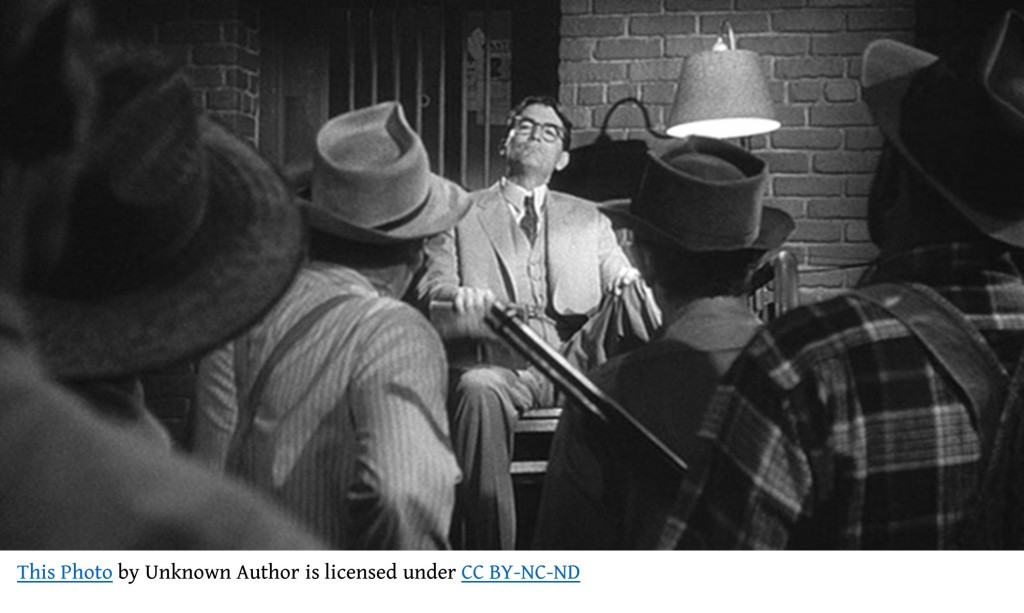I put the following on Facebook after the mass murder at the Gay Colorado Nightclub, Club Q.
Words can incite hatred. Hatred can incite violence. Violence causes death.
Let’s choose not only our own words more carefully, but the words we choose to listen to and amplify. When we dehumanize people who are different from us, we contribute to the evil we saw in Colorado.
Perhaps it’s time not only to tolerate differences, but to celebrate them. Being different requires a courage all its own. Being who we choose to be should never be a cause of death.
As has become common for me, I received pushback from someone whose name I will omit:
The only problem I have is “tolerating differences”. I refuse to “tolerate” racist bigoted xenophobic transphobic homophobic assholes. Those differences cannot be tolerated.
I understand my friend’s feelings. I don’t approve of those folks either. Neither am I a fan of misogynists, racists, or religious people who believe their beliefs entitle them to decide others are bad. But what does it mean to “tolerate?”
The Oxford Dictionary defines it as, “allow the existence, occurrence, or practice of (something that one does not necessarily like or agree with) without interference.
“a regime unwilling to tolerate dissent”
So, am I to decide I will not allow the existence of those who disagree with me without interference? What sort of interference is acceptable? What is not? Obviously, no one is going to support rounding up all the homophobes and transphobes and shooting them. We can call them names, I suppose. My friend called them assholes, and I understand her point of view, even if I think it’s a failure of understanding. We can talk about how horrible they are. And we may well be right that they are, in their ways, horrible. But people don’t get that way accidentally.
We aren’t born hating. We are shaped by our experiences. It’s easy to hate those who are different from us. Homophobes, transphobes, racists, and misogynists are different from me. Theists, and atheists for that matter, who hate those who don’t share their religious beliefs are different from me. But my experiences have taught me that hating people doesn’t fix anything. It doesn’t get them to change their views. It doesn’t make them more willing to tolerate differences. And it gives them reason to call me a hypocrite when I won’t tolerate our differences. So, as I so frequently ask on this show and this blog, “Who’s better off?”
When I refuse to tolerate, when I hate, I give validation to those who are doing the same. I’m going to decline to do that. I forfeit any chance I have of changing their minds. There are people who listen to this show who believe that God invented marriage (their God, I assume, as opposed to any of the other nearly 5,000 that are or have been worshipped on this planet by humans at one time or another) and He gets to decide who can get married and who can’t. If I decide to hate them because I disagree, I have lost people I love, and I have done nothing to make the world any better.
If I continue to have them in my life, I may not change their minds. In fact, I probably won’t. Changing minds about deeply held beliefs is a nearly impossible task. On the other hand, I have no chance at all if I reject them.
The best I can hope to do is give them some other ideas to consider. I can try to show them that believing that it is wrong to be different is not helping anyone. I can’t show them that having a different sexuality doesn’t make anyone evil if I can’t talk to them.
There are those who believe morality is a strict adherence to a set of rules. This is called Legalism. It originated in Ancient China, but its basic definition today is “strict, literal, or excessive conformity to the law or to a religious or moral code.” If this is what the rules say, we must do this. While I prefer people obey the law, it takes no more imagination than God gave to a pistachio nut to invent scenarios in which adherence to the law is simply wrong. Your best friend has been shot and is in the back seat of your car. The speed limit is 25 mph. The hospital is 4 miles away. Your friend has minutes to live without medical intervention, but… the law says 25. You decide to drive 25. Your friend dies. The legalist would say you were right. I wouldn’t.
Legalism applies to the belief that marriage should be only between one man and one woman because it’s in The Bible.
Mark 10:
6 But from the beginning of the creation God made them male and female.
7 For this cause shall a man leave his father and mother, and cleave to his wife;
8 And they twain shall be one flesh: so then they are no more twain, but one flesh.
9 What therefore God hath joined together, let not man put asunder
For Christian Legalists, the question is now settled, without concern for the consequences of this belief. It may be that two men, or two women, love each other and want to spend their lives together, expressing that love in sexual ways. This isn’t allowed, though, because The Bible says so. If this hurts those people, that’s just too bad.
For me, morality is a question of consequences. If I do something that helps someone, it’s probably moral. If I do something that hurts someone, it’s probably immoral. I emphasize probably because this is a wild oversimplification. There are all sorts of nuances that come into play in deciding what is right and what is wrong.
Moral problems are never choosing Good vs Evil. If that’s all you have to decide, the decision is simple. You choose Good. Moral problems arise when there are competing Goods. The Trolley Problem is the simplest example of an actual moral problem.
You’re standing near the switch that will cause a trolley to change tracks. You can see it’s about to kill five people if it stays on its current track. If you pull the switch, it will change tracks, and then it will kill one person, who would otherwise have lived had you not touched the switch. There are competing Goods at play. The Good of saving five people. The Good of not killing one person. Which do you choose?

Answers to this vary from person to person, and there are many variations on The Trolley Problem. I don’t pretend to be wise enough to solve it for all eternity. I like to think I would pull the switch, but I don’t like the feeling that I caused someone to die who wouldn’t have if I had done nothing. I recognize there are other equally valid arguments to be made on both sides.
From the Legalist perspective, it would be a simple matter. If there’s a sign saying “Don’t touch this switch” they have no choice to make. If they touch the switch, they have broken the law, and five people will die. They won’t break the law. They won’t save five lives.
I prefer to recognize I don’t know everything. Socrates was quite fond of recognizing he knew nothing. I’m not quite as wise as Socrates. I think I know a few things. I know there is, however, unimaginably more that I don’t know than I ever will know. I’m always willing to entertain a different idea, at least long enough to make an informed decision about it. I try very hard to keep my mind open to different possibilities in the event that there is something I haven’t considered. This allows me to learn, and I have a nearly infinite amount of learning to do.
As opposed to hating those who hate, I feel a pity for the experiences they must have had to cause them to feel hatred in the first place. Hatred is an unpleasant feeling. It’s a sort of burning inside of you that keeps you from thinking rationally. It hurts both you and anyone you hate. It blocks you from positive experiences you might have had with those who are from groups your intolerance has caused you to hate.
When you spread hatred with your words, your memes, or your jokes, you make it seem more acceptable to the rest of the world. As it spreads, just a little here and there, it deteriorates the acceptance that others feel. A slowly leaking sink will finally rot the cabinet beneath it, causing it to mold and collapse. It won’t happen immediately, but given time, the results will be expensive to repair. Given enough time, the damage will become irreparable.
When someone makes jokes about those who are different, the very least you can do is withhold your laughter. You might, depending on your relationship with the joker, ask what is funny about that, or, perhaps, tell them that there is, in fact, nothing funny about it.
When someone posts memes that attack those who are different, you can, at the very least, choose not to respond positively to them. You can also, again, depending on your relationship with the poster, comment asking why it’s funny, or pointing out that it simply isn’t.
And when people say hateful things, you can let them know why you don’t agree. You’re not required to let their cruelty go unanswered, but you don’t get to decide, either, that they are evil because they have beliefs or ideas that are not in alignment with yours.
Tonight, in writing class, we talked about the fact that stories tend to end with the antagonist meeting their end. The Wicked Witch is melted. Hans Gruber and Snow White’s Wicked Queen fall to their deaths. The Nazis are defeated. And we end shortly afterward without dealing with the healing. Others have been traumatized by these events, and we never see how they dealt with those feelings.
“Healing is learning to live with it.”
– David Gerrold
We don’t ever heal completely. We survive. We rebuild ourselves into something we weren’t before. We hope we can continue to make a positive difference in the world even after we have suffered some trauma. Some of us can. That’s not true for all of us, though.
When we watch a movie or read a book, we rarely get to understand how the antagonists became who they are. To its credit, Star Wars took some time to show us how Anakin Skywalker, a sweet, clever, and kind boy turned into the greatest antagonist in its universe. When we understand what he suffered, we begin to sympathize with him. While we don’t forget all the suffering he caused, we can see he’s really not much different from what we might be had we suffered what he did.
That, though, is a fictional character from a long time ago in a galaxy far, far away. Does he have anything to do with the reality you and I occupy?
He instructs us. He shows us that good and evil are not that simple. We see what happens when we embrace hatred. Even the best of us is corruptible.
This is why when I see someone who hates, I won’t return their feelings. I will do what I can to change them. I may fail, but I am obliged to try. “To believe you can change the world is insanity; failure to try is cowardice.” I won’t be a coward. I’m already plenty of things I don’t like. I do my best to forgive those who hurt me. I can move on with my life when I let go of the hatred. I can remove that toxin from my system.
“Forgiveness is a gift you give yourself.”
–David Gerrold
If you choose to hate me for not hating the same people you do, that’s up to you. I have done what I can to show you why Hate helps no one, but I if I’ve failed, then at least I can know I tried. And I can continue to love you anyway.






